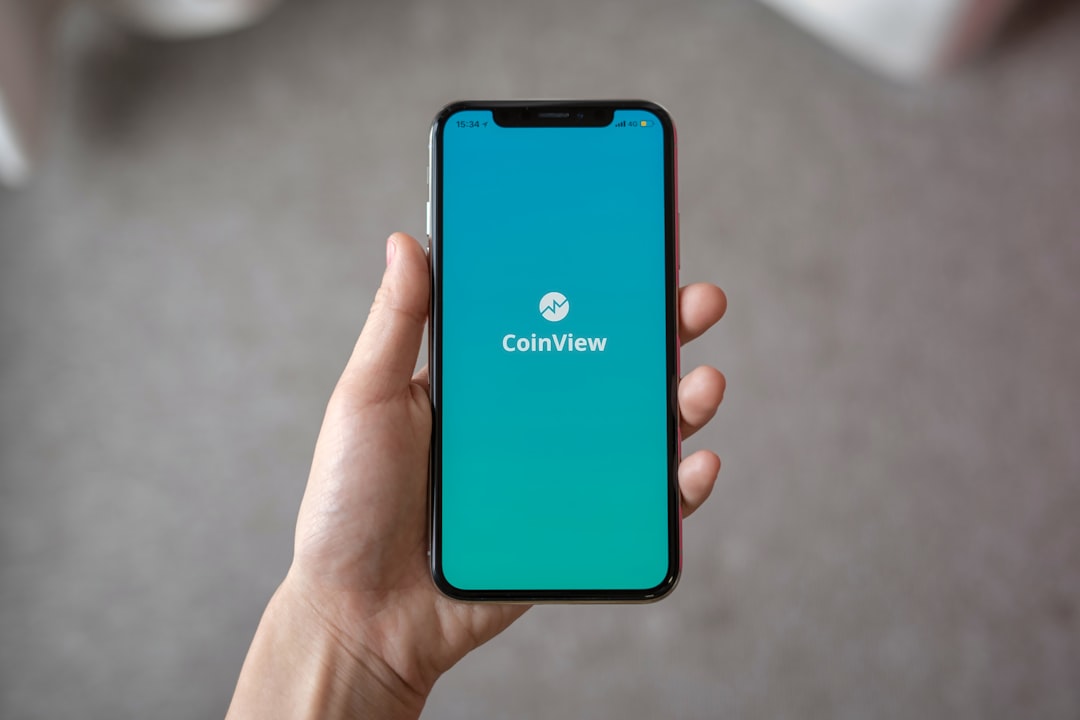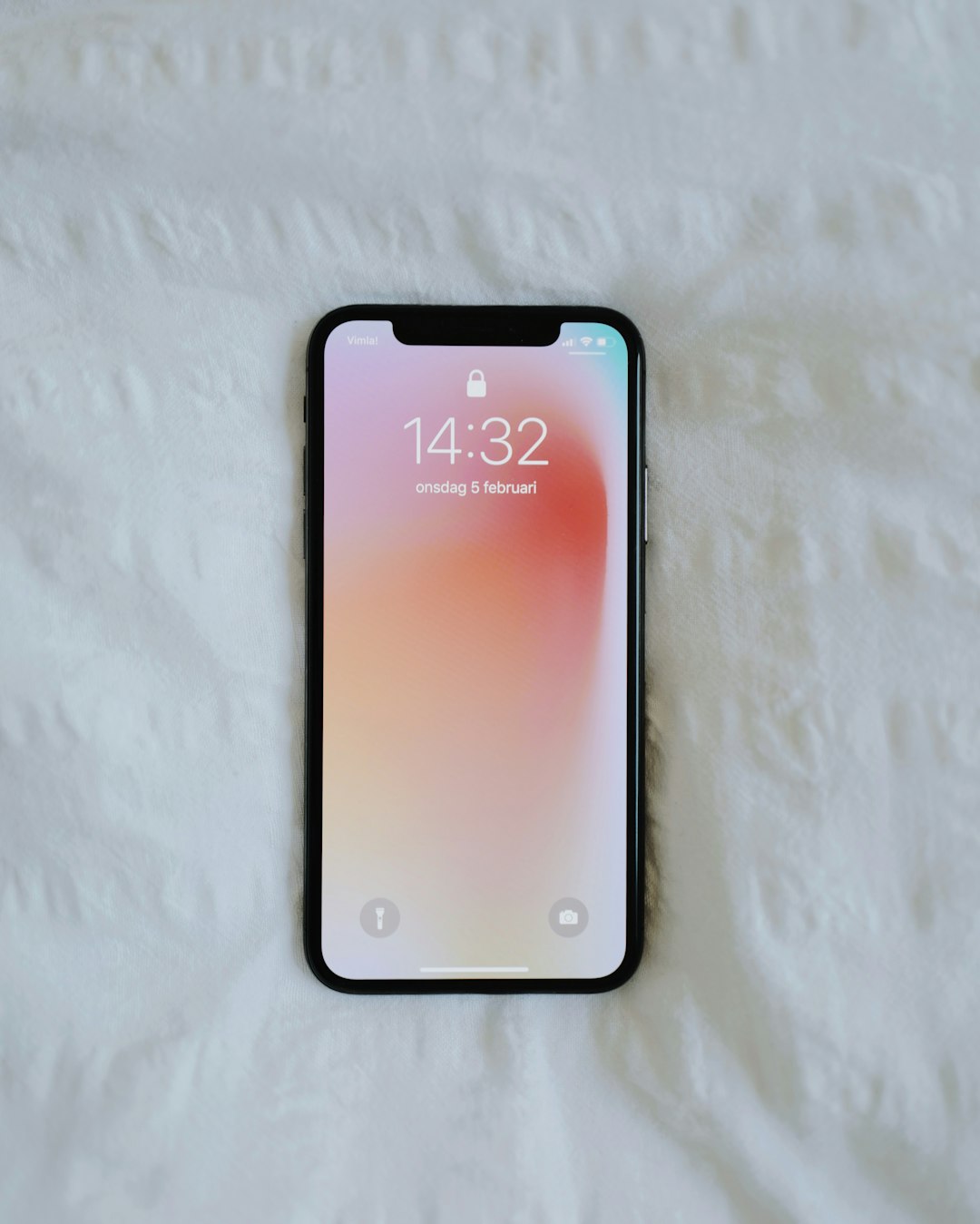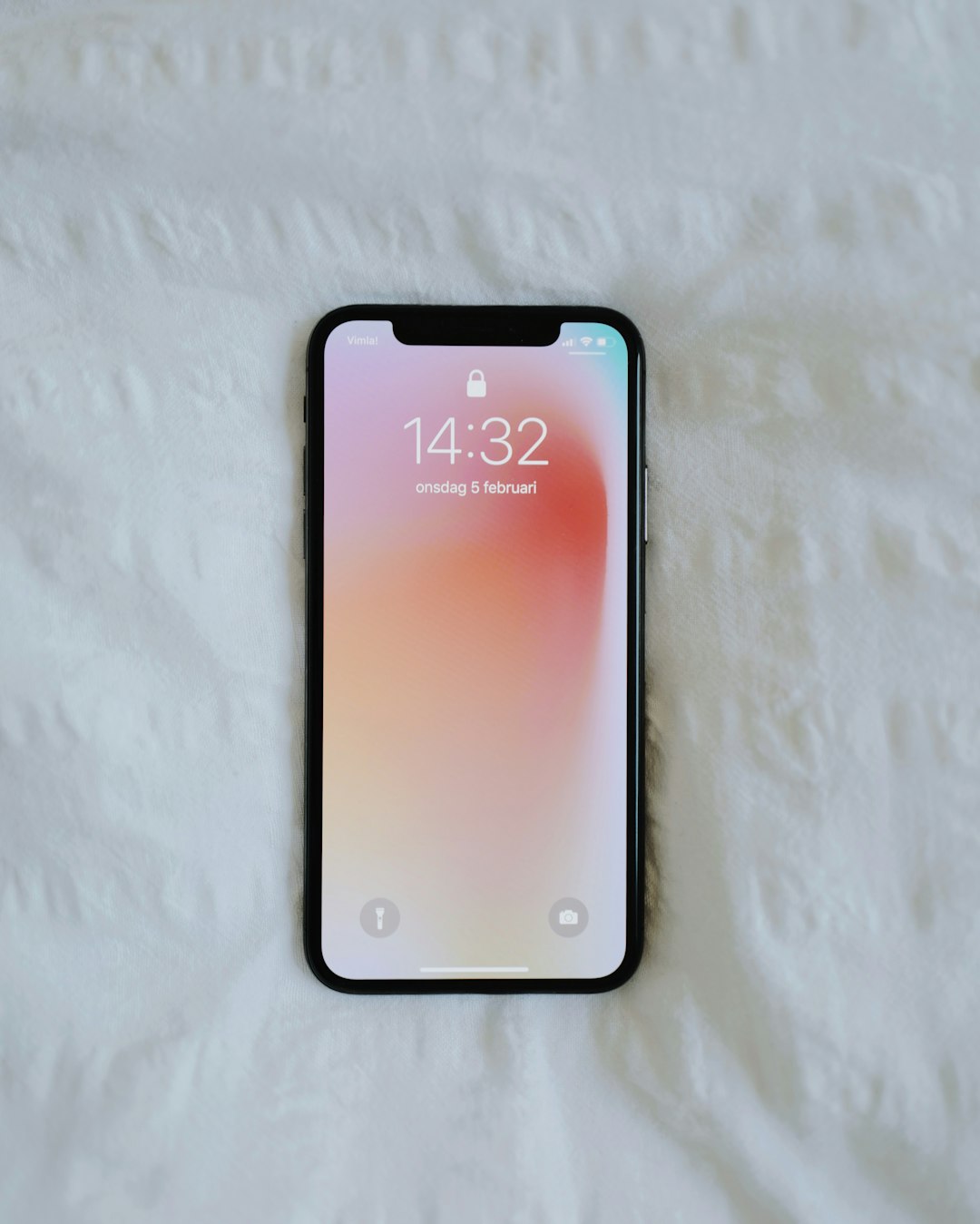Louisiana's Telephone Consumer Protection Act (TCPA) and Telemarketing and Consumer Fraud and Abuse Prevention Act (TCFA) protect residents from unwanted automated phone calls, or spam calls, including marketing and debt collection robocalls. Shreveport consumers can combat these calls by registering with the National Do Not Call Registry, using smartphone blocking features, and reporting persistent calls to service providers and the FTC. Specialized Spam Call Law Firms Louisiana offer legal advice, representation, and complaint assistance to protect consumer rights against spamming activities.
In the digital age, robocalls have become a ubiquitous yet unwanted nuisance, especially for Shreveport consumers. Understanding your rights against these automated spam calls is crucial. Louisiana law provides significant protections for residents facing relentless phone marketing. This article guides you through the ins and outs of robocall regulations, your consumer rights, practical strategies to stop them, and legal recourse if your rights are violated. Discover how local spam call law firms in Louisiana can assist in navigating this complex landscape.
Understanding Robocalls and Louisiana Law

In today’s digital era, robocalls have become a ubiquitous part of our daily lives—many of them unwanted and often disruptive. These automated phone calls, typically used for marketing or debt collection purposes, are regulated by Louisiana’s spam call laws to protect consumers from aggressive or unsolicited communication.
Louisiana has specific regulations in place that govern how businesses can contact residents. The state’s Spam Call Law, also known as the Telephone Consumer Protection Act (TCPA), limits the number of automated calls a company can make without prior consent. This law not only shields consumers from persistent robocalls but also holds accountable law firms that engage in excessive or unauthorized telemarketing activities on behalf of their clients.
Rights of Shreveport Consumers Against Spam Calls

Shreveport consumers have rights when it comes to dealing with unwanted spam calls. In Louisiana, there are strict regulations in place to protect residents from excessive or abusive telephone solicitations. According to the Telemarketing and Consumer Fraud and Abuse Prevention Act (TCFA), businesses are prohibited from making automated or prerecorded calls to consumers without their prior express consent. This means that if you have not given permission for a company to contact you via these methods, such calls are considered illegal spam.
If you receive spam calls in Shreveport, you can take action. Louisiana law firms specializing in consumer rights can help protect your interests by providing legal advice and representing you against violators. It’s important to document the calls, including recording any messages or notes about the caller’s identity and the frequency of the contacts. This information can be crucial when filing a complaint with relevant authorities or pursuing legal action against spam call organizations.
How to Stop and Handle Unwanted Robocalls

Robocalls can be a nuisance, but consumers in Shreveport have options to stop and handle them effectively. The first step is to understand that many states, including Louisiana, have implemented spam call laws to protect residents from unwanted telephone solicitations. You can register your phone number with the National Do Not Call Registry, which restricts calls from telemarketers. Additionally, modern smartphones offer built-in call blocking features and apps designed to identify and block spam calls.
For persistent or harassing robocalls, consider using call-blocking applications specifically tailored for these automated messages. These apps learn to recognize and filter out spam calls over time. You can also report unwanted calls to your service provider and the Federal Trade Commission (FTC), which helps monitor and enforce anti-spam regulations. Remember, assertiveness in handling robocalls not only protects you but also contributes to a quieter, more peaceful communication environment for everyone.
Legal Recourse for Violations: What to Do Next

If you’ve received a spam call in Shreveport, Louisiana, and believe your rights have been violated, there are legal steps you can take. Start by documenting the calls, including the caller’s phone number, the date and time of each call, and any details about the messages left. This information will be crucial when filing a complaint with the Federal Communications Commission (FCC), which has strict regulations against spam calls.
Next, consider reaching out to a reputable Spam Call Law Firms Louisiana. These specialists are equipped to navigate the complexities of telecommunications law and can help you understand your options. They may choose to send a cease-and-desist letter to the caller on your behalf or file a lawsuit if the violation is severe. Remember, standing up for your rights as a consumer is essential, and these actions can serve as a powerful deterrent for future violators.






